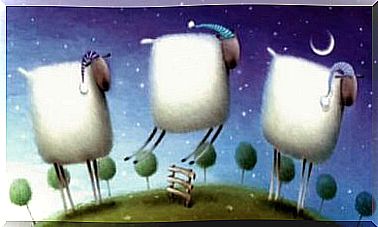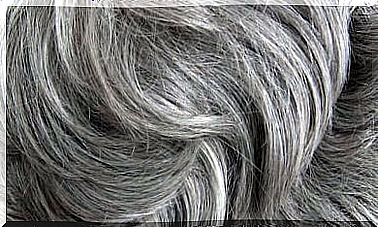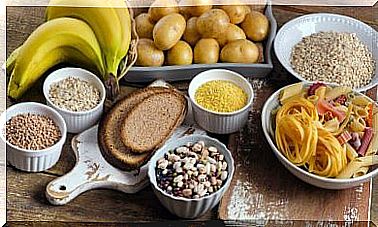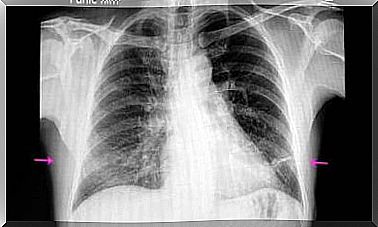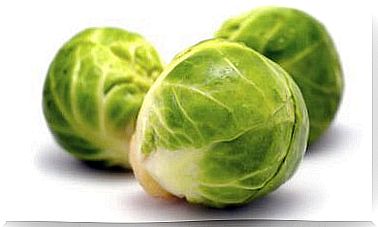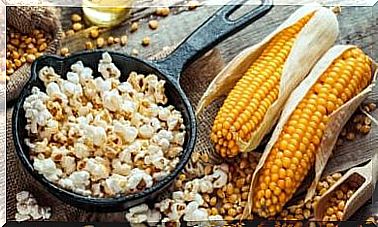Vegan, Vegetarian And Flexitarian: These Are The Differences
More and more people eat plant-based foods and claim to be either vegan, vegetarian or flexitarian. But do you know what the differences are? Read on and find out!
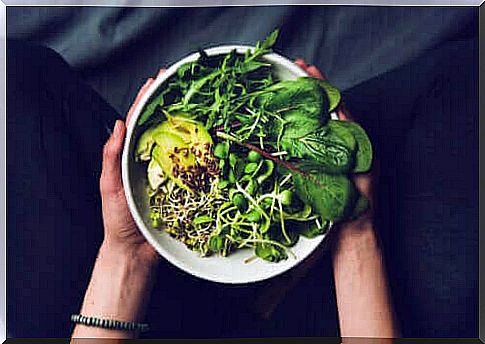
You’ve probably heard of the terms vegan, vegetarian, and flexitarian, but you may not really understand what they mean. They all seem to aim to eat plant-based foods. So what’s the difference? Read on to find out.
Fruits and vegetables are given priority in this type of diet. Many people choose a vegan, vegetarian, or flexitarian diet; they usually do this out of respect for animals or because of other environmental concerns. Below, we’ll go into each of the three options in more detail and explain their differences.
The difference between vegan, vegetarian or flexitarian
These types of diets are on the rise for a variety of reasons. And there are distinctive traits that can be used to describe the consumption and life practices of each group. Let’s find out which ones are.
vegan
They only eat fruits and vegetables. That is, they do not consume animal products such as milk, eggs or honey and products made from them. However, the term “ vegan ” goes beyond that. In fact, it refers to a lifestyle that includes a certain type of diet.
It arises from the ethical and moral consideration that all species are equal. Therefore, vegans reject the abuse and exploitation of animals. At the same time, they don’t use products that are either derived from animals or made by companies that experiment with animals.
They are also against other forms of animal exploitation such as zoos, horse racing, circuses and rodeos, to name a few examples. In addition, they are also aware of the environmental impact of livestock farms.
In this context , several studies have shown that animal husbandry also massively exploits natural resources, intensifies the greenhouse effect, acidifies soils and accumulates excess waste in rivers and seas.
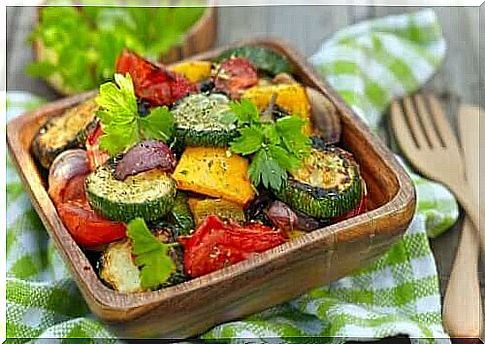
vegetarian
The vegetarian diet is based on a plant-based diet, but also includes dairy products, eggs and honey. In this regard, meat and meat products are the only foods that are completely excluded.
According to the Sociedad Argentina de Nutrition, there can be different subgroups within this group. The best known is the ovo-lacto-vegetarianism, in which milk and dairy products as well as eggs are consumed. Ovo-vegetarians, on the other hand, do without milk, while lacto-vegetarians do without eggs.
Some choose this type of diet for life, others during the transition to veganism.
Flexitarians
This type of eating is about flexibility. In fact, this group includes all those people who generally follow a vegetarian diet, but sometimes also eat meat.
This group includes all those who do not always eat meat or who prefer one type of meat to another. This is usually the first step for those trying to follow a vegetarian diet as well.
As you can see, this lifestyle has grown in popularity the most recently. You may even be a flexitarian yourself without even knowing it. Let us state at this point that this type of diet does not view animal eating as a downfall. As a result, flexitarianism does not lead to feelings of guilt either.
Vegan, Vegetarian, and Flexitarian: Are These Eating Habits Safe?
Years ago, many believed that diets without animal products lead to nutritional deficiencies. And sometimes they are not wrong at all. Scientific evidence suggests that there is a deficiency in vitamin B12 even with a properly planned vegan diet.
Vitamin B12 is the result of the synthesis of microorganisms that inhabit the intestines of animals. Because of this, meat, eggs, milk and products made with it are the only sources of food that contain it. The daily allowances recommended by experts are also not adhered to with vegetarian and flexitarian diets, although people in these two groups sometimes eat products of animal origin.
Consequently, prolonged deficiency in this vitamin could lead to anemia, defects in the nervous system, delayed development of the fetus, memory loss, and other complications in these people. For this reason, doctors recommend taking supplements to prevent complications.
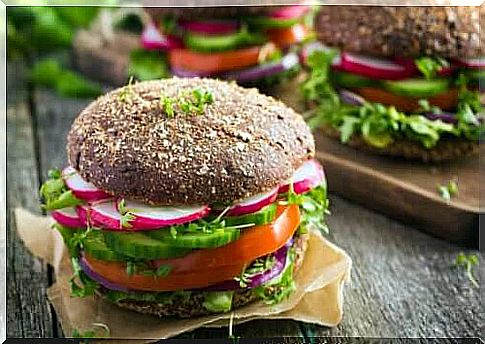
In conclusion – the difference between vegan, vegetarian and flexitarian
As you can see, these diets are actually different from each other. We could say that flexitarianism is the beginning of a lifestyle that can evolve into vegetarianism and then veganism if that’s what you want. However, a person can skip these steps and go straight to a vegan diet.
Finally, no matter what eating style you follow, you should always carefully plan your diet to make sure that it is balanced and that you are getting all of the nutrients you need. Otherwise, it can lead to future defects and health problems. Also, remember to always seek advice from a doctor or nutritionist.


